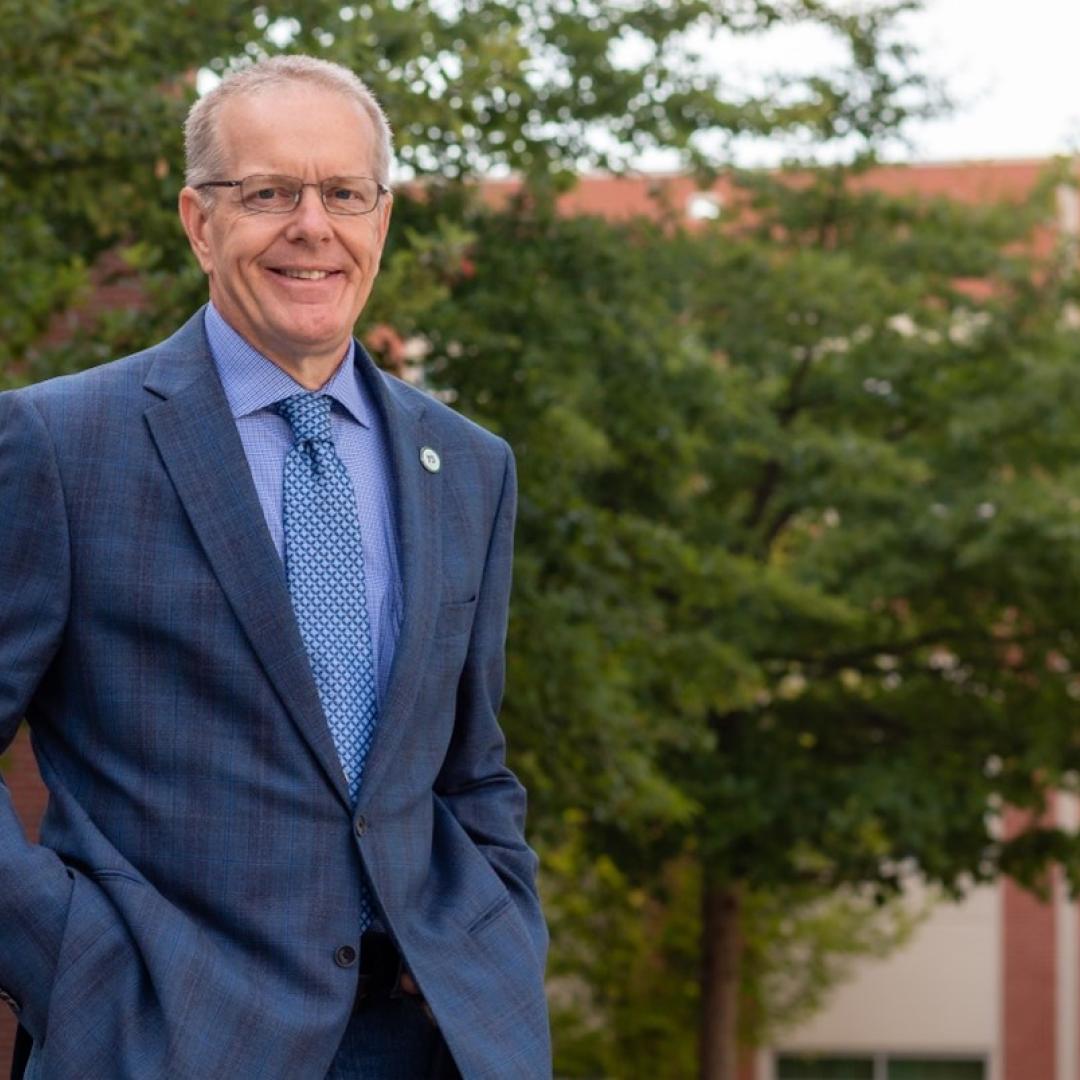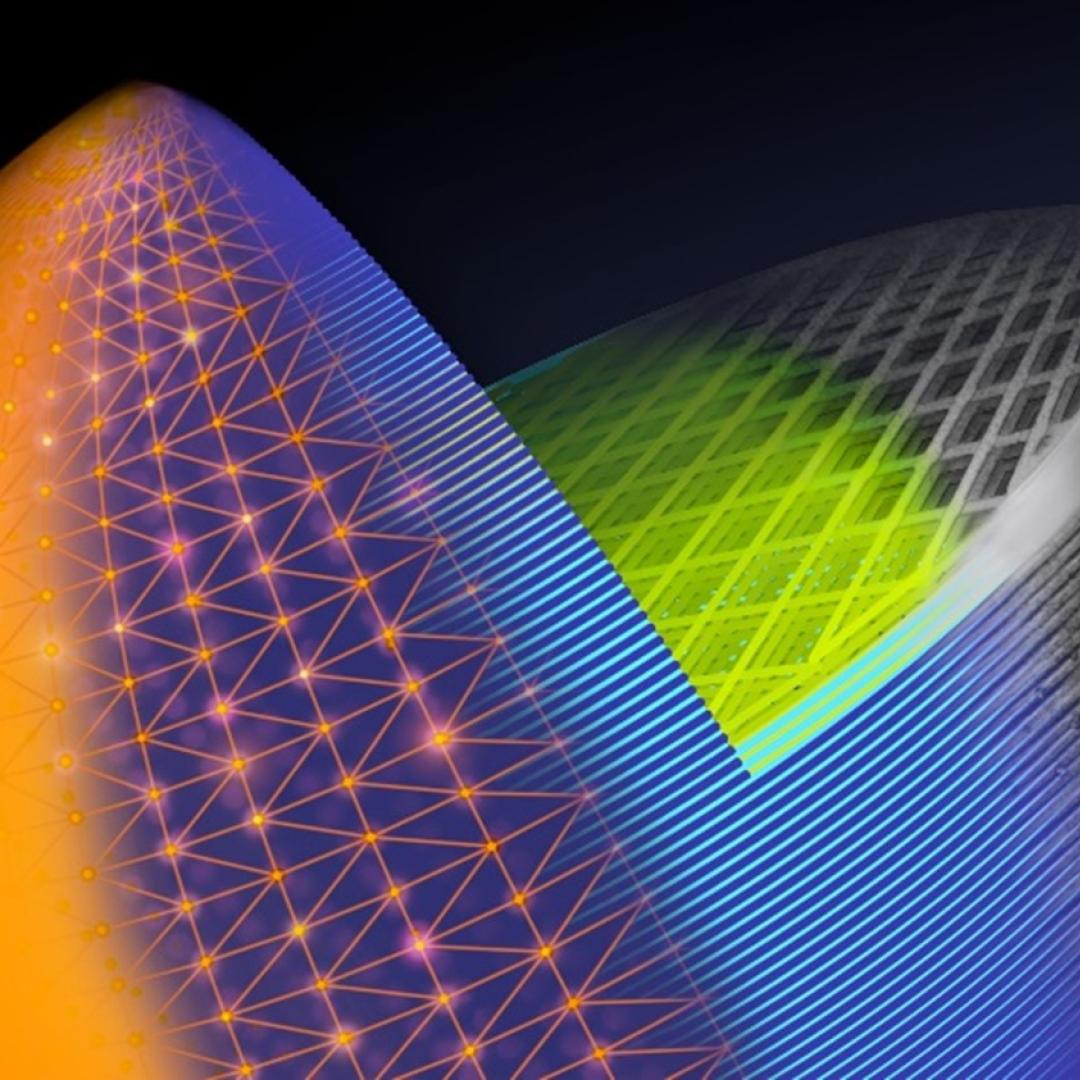
Filter News
Area of Research
- (-) Clean Energy (117)
- (-) Fusion Energy (1)
- Advanced Manufacturing (11)
- Biology and Environment (40)
- Computational Biology (1)
- Computer Science (1)
- Fusion and Fission (11)
- Materials (94)
- Materials for Computing (12)
- National Security (11)
- Neutron Science (79)
- Nuclear Science and Technology (8)
- Quantum information Science (1)
- Supercomputing (55)
News Type
News Topics
- (-) 3-D Printing/Advanced Manufacturing (50)
- (-) Energy Storage (46)
- (-) Frontier (1)
- (-) Neutron Science (9)
- (-) Physics (1)
- (-) Polymers (6)
- (-) Sustainable Energy (39)
- Advanced Reactors (6)
- Artificial Intelligence (6)
- Big Data (1)
- Bioenergy (24)
- Biology (9)
- Biomedical (5)
- Biotechnology (3)
- Buildings (19)
- Chemical Sciences (13)
- Clean Water (4)
- Climate Change (14)
- Composites (7)
- Computer Science (16)
- Coronavirus (9)
- Critical Materials (4)
- Cybersecurity (8)
- Decarbonization (25)
- Environment (31)
- Exascale Computing (2)
- Fossil Energy (2)
- Fusion (8)
- Grid (22)
- High-Performance Computing (4)
- Isotopes (1)
- Machine Learning (4)
- Materials (23)
- Materials Science (15)
- Mathematics (1)
- Mercury (2)
- Microelectronics (1)
- Microscopy (6)
- Molten Salt (1)
- Nanotechnology (7)
- National Security (5)
- Net Zero (2)
- Nuclear Energy (11)
- Partnerships (12)
- Quantum Science (2)
- Renewable Energy (1)
- Security (6)
- Simulation (2)
- Space Exploration (1)
- Summit (4)
- Transformational Challenge Reactor (3)
- Transportation (34)
Media Contacts
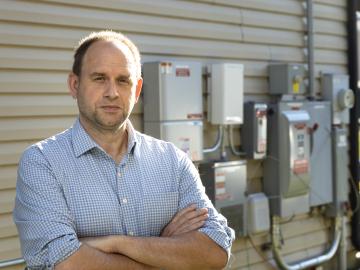
Joe Hagerman, ORNL research lead for buildings integration and controls, understands the impact building technology innovations can have during times of crisis. Over a decade ago, he found himself in the middle of one of the most devastating natural disasters of the century, Hurricane Katrina.

Five researchers at the Department of Energy’s Oak Ridge National Laboratory have been named ORNL Corporate Fellows in recognition of significant career accomplishments and continued leadership in their scientific fields.
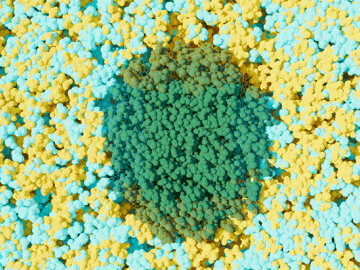
Scientists at ORNL used neutron scattering and supercomputing to better understand how an organic solvent and water work together to break down plant biomass, creating a pathway to significantly improve the production of renewable
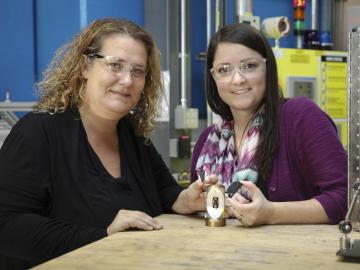
Oak Ridge National Laboratory has licensed a novel method to 3D print components used in neutron instruments for scientific research to the ExOne Company, a leading maker of binder jet 3D printing technology.
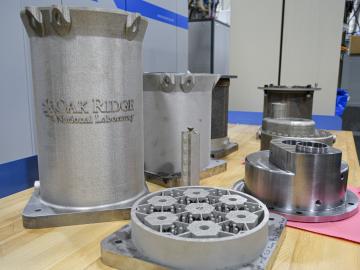
Researchers at the Department of Energy’s Oak Ridge National Laboratory are refining their design of a 3D-printed nuclear reactor core, scaling up the additive manufacturing process necessary to build it, and developing methods
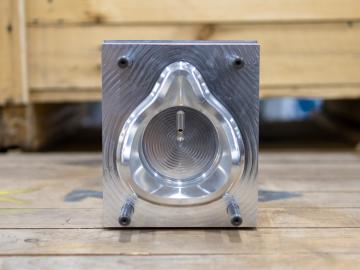
In the fight against the COVID-19 pandemic, it’s a race against the clock not only to find a vaccine but also to supply healthcare workers with life-saving equipment such as face shields, masks and test kits.

Suman Debnath, a researcher at ORNL, has been elevated to the grade of senior member of the Institute of Electrical and Electronics Engineers (IEEE).
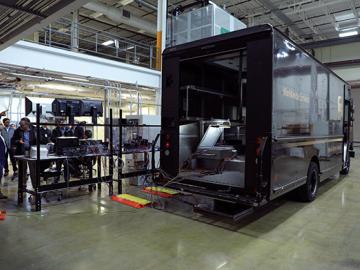
Researchers at the Department of Energy’s Oak Ridge National Laboratory (ORNL) in late February demonstrated a 20-kilowatt bi-directional wireless charging system installed on a UPS medium-duty, plug-in hybrid electric delivery truck.
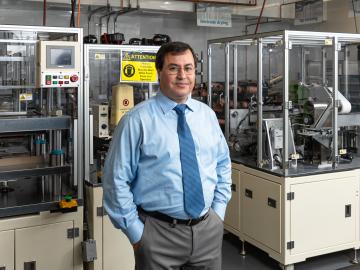
Ilias Belharouak is leading ORNL’s research efforts in investigating new materials for solid-state batteries, which can double the charging capacity of lithium-ion batteries, commonly used today for electronic devices such as cell phones.
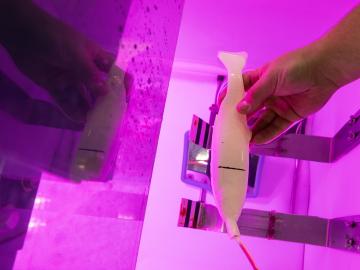
Hydropower developers must consider many factors when it comes time to license a new project or renew an existing one: How can environmental impacts be mitigated, including to fish populations?


